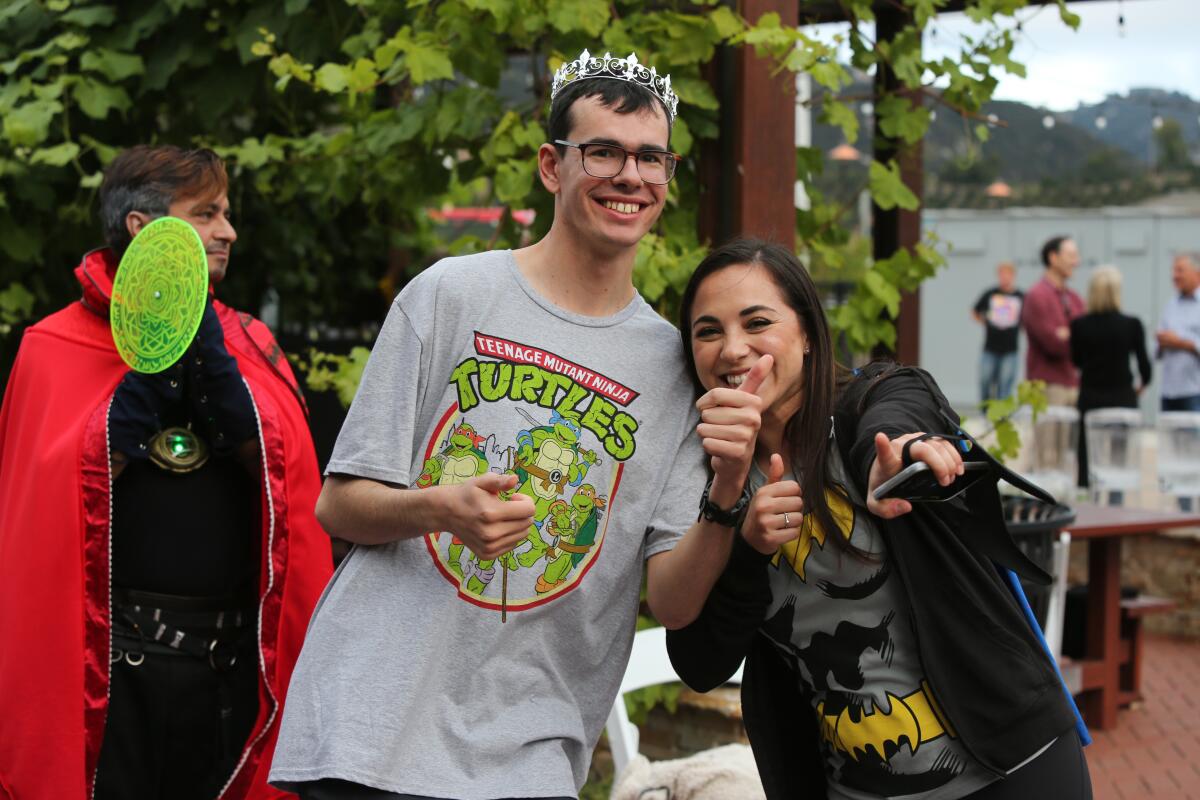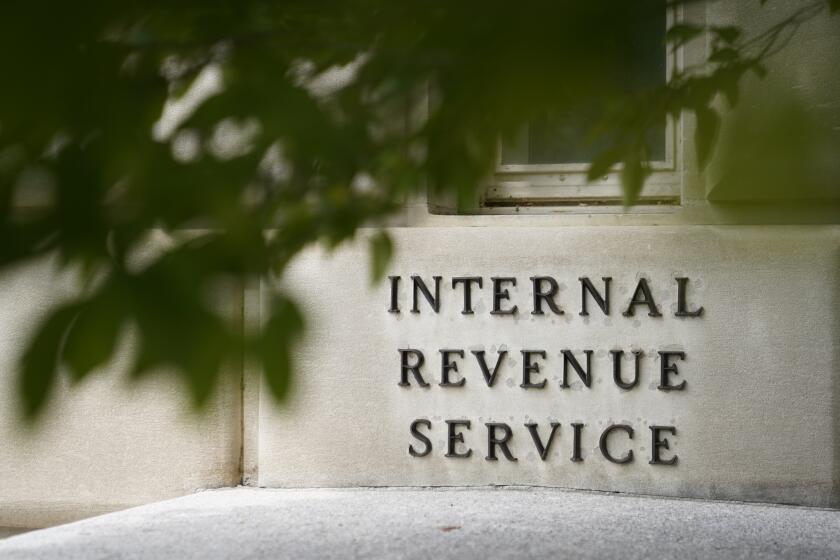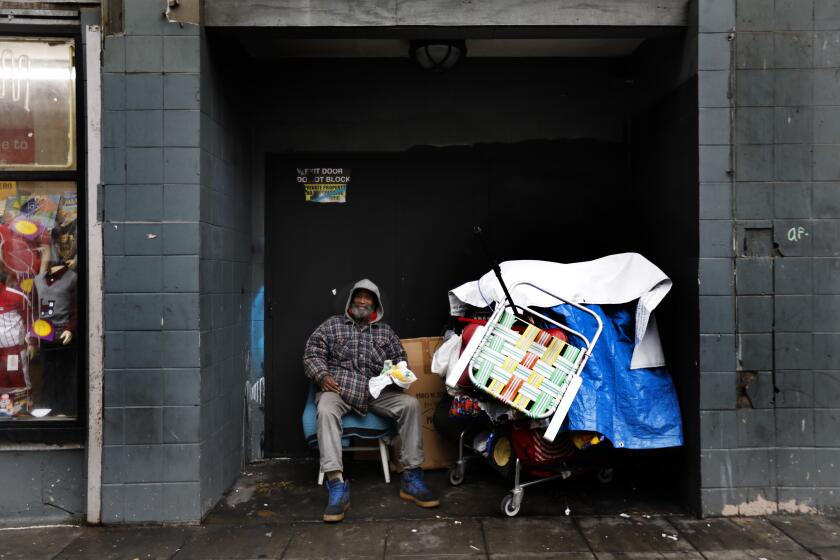Opinion: Why we must appreciate, embrace those with special needs in San Diego

DeSaegher is the chief development officer at TERI campus (Training, Education, and Resource Institute) and lives in Escondido.
My “personal calling” hit while in a rewarding business career, including 17 years within local powerhouse Qualcomm. I left the “security” of corporate America to assist nonprofits purposefully serving the needs of others. What an honor to represent TERI (Training, Education, and Resource Institute) and address one of the most prolific challenges for thousands of San Diego families. I’ve witnessed the quiet desperation that comes with a diagnosis, along with the hope that springs when discovering options for support. Their stories deserve to be at the forefront of our collective awareness, and most importantly, into our community action plan for inclusivity and belonging for all.
Big challenges demand big solutions. There is a quiet epidemic of diagnosis rates of intellectual and developmental disabilities, generally referred to as autism spectrum disorders. According to the Centers for Disease Control and Prevention, 1 of 6 children (ages 3-17) are diagnosed as “special needs.” The prevalence trend for autism grows each year, without a medical understanding of prevention. In contrast, ANCOR, the American Network of Community Options and Resources, announced that 80 percent of direct service providers polled are turning away new referrals. This societal challenge creates a personal and heavy impact on members in every community, school, business, house of worship and social/economic group. Each new diagnosis changes one’s entire life plan for their loved one, a dilemma that requires a community response of support.
Today’s more empathetic terminology is “neurodiverse” or “on the spectrum,” but the raw challenges remain the same for every caretaker dealing with an intellectual disability. “What is this new future, and what is our new definition of quality of life?” The good news is that there is hope, community and over 40 years of experience addressing this complex question.
Since 1980, TERI has been a San Diego pioneer in supportive family services and individualized life plans for neurodiverse kids, adults and older adults. Founder Cheryl Kilmer launched TERI from her humble living room with a transformational vision to change the way the world sees and empowers those with special needs.
Today, TERI staff provides daily personalized care plans, prioritizing individual value and self-expression with the focus of identifying one’s strengths that build a pathway to a dignified quality of life. After 43 years of progressive growth, TERI is a California best-practices model with an array of programs spanning a lifetime of changing care needs, including education, arts and enrichments, residential, family services and vocational internships. Approximately 500 TERI staff serve 900 families across San Diego County. Unfortunately, and common to similar agencies, TERI wait lists continue to grow due to both facilities capacity and labor shortages. In fact, there are over 80 open jobs, most of them entry-level direct support professional positions with career training.
With such a large gap, how does a caretaker find access to services and most importantly, find hope for the future care of their loved one? This lifetime need demanded another big response. In 2000, TERI privately purchased 20 acres in the Twin Oaks Valley in San Marcos, launching Cheryl’s expansion dream to open long-term options for thousands more families with special needs. This commitment to philanthropic growth and private funding supports the expanding TERI Campus of Life, a first-of-its-kind integrated system of care for the special needs community that is also uniquely designed to invite the public into a shared community of education, entertainment and interaction.
The TERI Campus of Life is already actively serving families with special needs today in the Therapeutic Equestrian Center, Tomlinson Vocational Center, TERI Common Grounds Café, and new Zable Foundation Performing Arts and Fine Arts Center. The campus plan is approximately 50 percent built out, with $50 million in capital funding remaining. We welcome additional collaborations, knowing that together, we can help thousands of kids, adults and older adults discover their individual special gift and share those strengths as valued members of society.
In these fractured times, I believe this focus on neurodiversity can become the catalyst to more understanding and acceptance throughout San Diego. The realities in the special needs community do not differentiate between neighborhood, income level, or belief system. The TERI Campus of Life is a beacon to the world for true inclusivity. We welcome all to find their part in that vision.
Get Weekend Opinion on Sundays and Reader Opinion on Mondays
Editorials, commentary and more delivered Sunday morning, and Reader Reaction on Mondays.
You may occasionally receive promotional content from the San Diego Union-Tribune.




